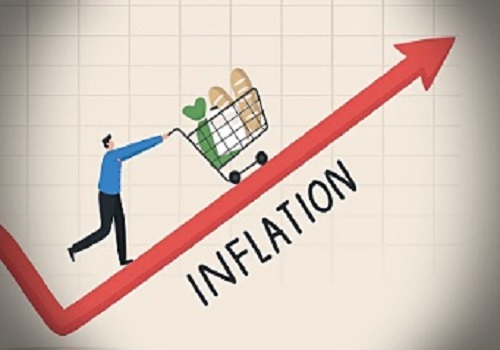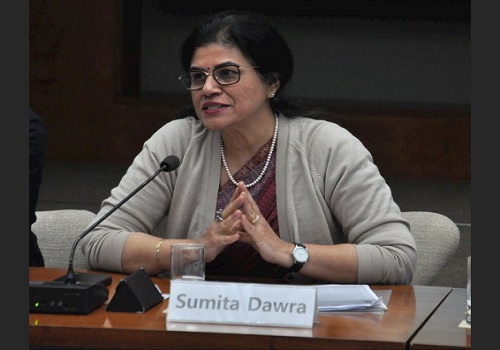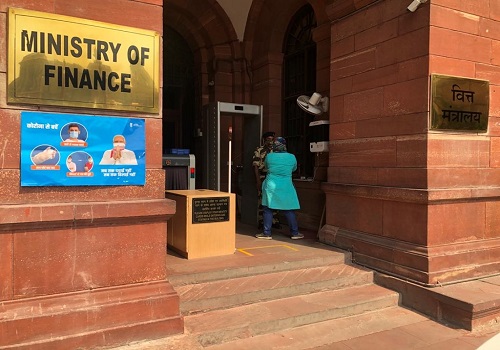India cenbank deputy says climate, tech risks a threat to inflation targetting

Risks posed by climate change and digitalisation are likely to make it tougher for central banks to implement inflation-targetting monetary policy in the coming years, according to a deputy governor at the Reserve Bank of India.
Central banks face an "existential threat" to their inflation mandates from climate change through supply shocks, such as food and energy shortages, and a decline in productive capacity, Michael Patra said at a conference in New Delhi on Monday.
The speech was published on the central bank's website on Tuesday.
Several central banks use inflation-targetting as a monetary policy strategy to manage inflation expectations and maintain price stability in an economy.
The Reserve Bank of India's (RBI) inflation target is 4%, with a tolerance band of two percentage points on either side.
India's retail inflation accelerated to a nine-month high of 5.49% in September due to higher food prices, compared to 3.65% in August and was above economists' forecast of 5.04%.
Demand shocks could arise due to a loss of wealth from firms and households on account of frequent natural disasters, Patra said.
Depreciation pressures on the currencies of countries that are frequently affected by climate disasters may cause financial instability and higher import costs, which have implications for central banks that target inflation, he added.
Central banks are uniquely placed to address climate change, but the challenge is to incorporate it into inflation-targetting frameworks, he said.
Monetary policy implementation could be affected if digitalisation leads to a shift in credit supply from banks to less regulated or unregulated non-banks or by reductions in bank deposits, Patra said.
Separately, the RBI is working to create a comprehensive data analytics ecosystem to support its supervisory functions, Deputy Governor Swaminathan J said at the same conference.























